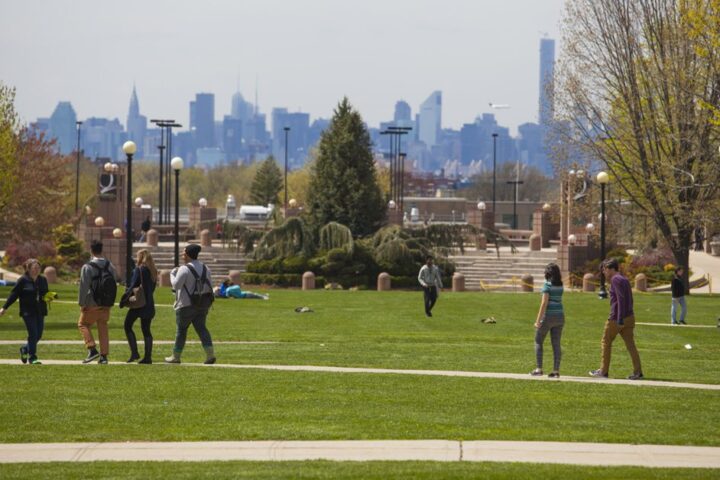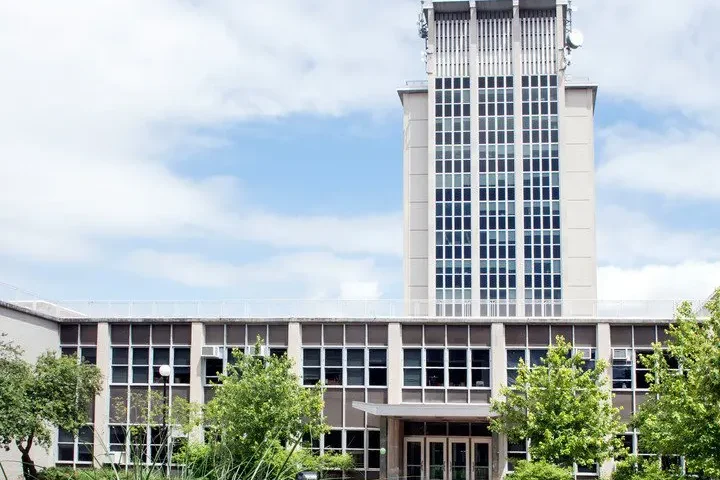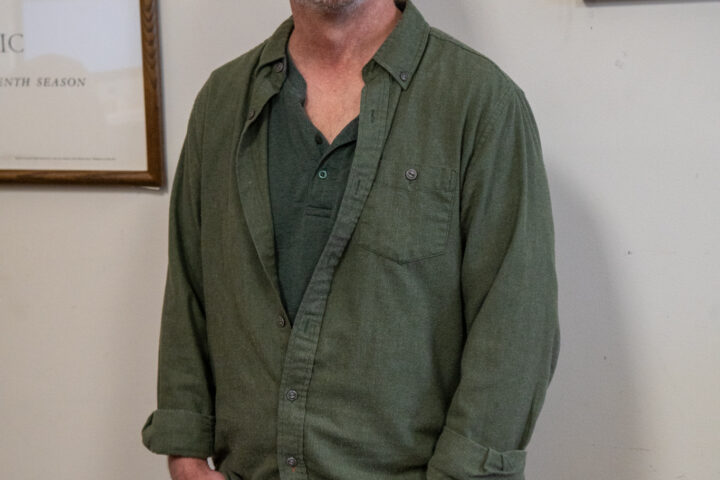A Sept. 27 adjunct colloquium on academic integrity and plagiarism allowed adjuncts a platform to raise concerns about their work environment and how it affects their dealings with plagiarism.
Queens College’s first ever adjunct colloquium — hosted by the Center for Teaching and Learning — focused on an adjunct’s perspective on the issue of plagiarism on campus and how their treatment of the issue tends to differ from that of the full-time faculty.
Adjunct professor Kenneth Ryesky, who has been teaching business law and taxation at QC for 19 years, was a featured speaker at the event, along with Emanuel Avila from student affairs.
Adjuncts face obstacles when dealing with plagiarism, Ryesky said, because of the poor and mismanaged treatment of adjuncts.
“Universities generally tell adjuncts not to cause trouble. Whenever an adjunct raises an issues, they say get the hell out. How can you combat plagiarism if they’re telling us not to cause trouble?” Ryesky said.
According to Ryesky, the university treatment of adjuncts is well below par, and this has an effect in terms of how students themselves view faculty. This overall treatment plays a role in the plagiarism issue, as disgruntled, hesitant adjuncts — who feel that the university doesn’t offer an environment which inspires trust and confidence — will be less likely to report on issues relating to plagiarism, because of the fear and possible implications of rocking the boat.
“If students see faculty members are treated badly, they have rationalization to cheat.” On the flip-side, Ryesky argues, “If students see the university backs its adjuncts, there’s less incentive to cheat.”
“There’s no adjunct on the student faculty disciplinary committee. What kind of message does that send?” he continued.
According to a poll conducted by the PEW research center, plagiarism amongst college students is at an all-time high. The poll of 1,055 college presidents showed that 55 percent of them stated plagiarism has increased over the past decade. The increasing usage of computers and the Internet, according to 89 percent, is the cause.
Ryesky, in an article titled “Part Time Soldiers: Deploying Adjunct Faculty in the War against Student Plagiarism,” also blamed the rise of plagiarism on the increased use of technology. Further, he argues that adjunct faculty isn’t necessarily provided the proper technological tools to combat plagiarism.
“I didn’t have a computer in my office until three years ago. How can we do productive work and how can we check on plagiarism without computers?” Ryesky asked.
According to the QC policy on plagiarism, a student found guilty of the offense can be punished in several ways, which include an automatic failure in the class, being placed on academic probation or even expulsion from the university.
As for stopping plagiarism, Ryseky suggests that students should be required to take courses which would teach them how to cite and source papers properly. “We can’t stop at telling students what not to do; we also need to tell them what to do and how to do it properly.”













